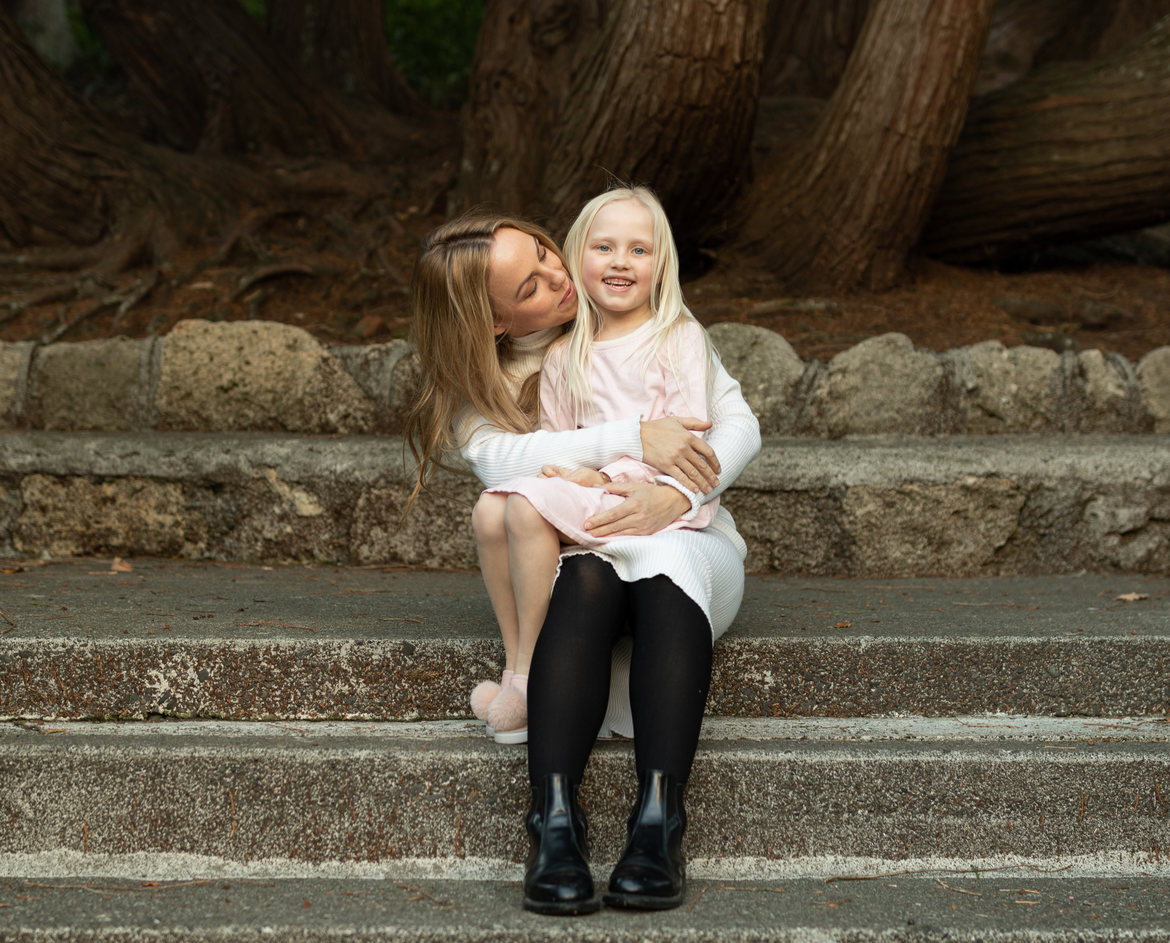By Dr. Laura Markham
“I can’t believe how things with my daughter have turned around, since I started focusing on connection.” – Zoe
We all crave those close moments with our children that make our hearts melt. Connection is as essential to us parents as it is to our children because that’s what makes parenting worth all the sacrifices.
That connection is also the only reason children willingly follow our rules. Kids who feel strongly connected to their parents WANT to cooperate if they can. They’ll still act like kids, which means their emotions will sometimes overwhelm their still-growing prefrontal cortex. But when they trust us to understand, to be on their side, they’re motivated to follow our lead when they can.
Researchers remind us that we need five positive interactions to every negative interaction to keep any relationship healthy. And since we spend so much time guiding — aka correcting, reminding, scolding, criticising, nagging, and yelling — it’s important to make sure we spend five times as much time in positive connection.
But we’re only human. There are days when all we can do is meet our children’s most basic needs. Some days it’s nothing short of heroic simply to feed them, bathe them, keep an encouraging tone, and get them to sleep at a reasonable hour — so we can do it all over again tomorrow!
So given that parenting is the toughest job on earth — and we often do it in our spare time, after being separated all day — the only way to keep a strong bond with our children is to build in daily habits of connection. Here are twelve habits that don’t add time to your day but do add connection. Simple, but incredibly powerful, these habits heal the disconnections of daily life. You’ll find that using them daily changes everything.
Some days it’s nothing short of heroic simply to feed them, bathe them, keep an encouraging tone, and get them to sleep at a reasonable hour — so we can do it all over again tomorrow!
1. Aim for 12 hugs (or physical connections) every day.
As family therapist Virginia Satir famously said, “We need 4 hugs a day for survival. We need 8 hugs a day for maintenance. We need 12 hugs a day for growth.”
Snuggle your child first thing in the morning for a few minutes, and last thing at night. Hug when you say goodbye, when you’re re-united, and often in between. Tousle hair, pat backs, rub shoulders. Make eye contact and smile, which is a different kind of touch. If your tween or teen rebuffs your advances when she first walks in the door, realise that with older kids you have to ease into the connection. Get her settled with a cool drink, and chat as you give a foot rub. (Seem like going above and beyond? It’s a foolproof way to hear what happened in her life today. You’ll find yourself glad, many times, if you prioritise that.)
2. Play.
Laughter and roughhousing keep you connected with your child by stimulating endorphins and oxytocin in both of you. Making laughter a daily habit also gives your child a chance to laugh out the anxieties and upsets that otherwise make him feel disconnected — and more likely to act out. And play helps kids want to cooperate. Which is likely to work better?
“Come eat your breakfast right now!”
or
“Little Gorilla, it’s time for breakfast — Look, you have bugs and bananas on your oatmeal!”
Laughter and roughhousing keep you connected with your child by stimulating endorphins and oxytocin in both of you.
3. Turn off technology when you interact with your child.
Really. Your child will remember for the rest of her life that she was important enough to her parents that they turned off their phone to listen to her. Even turning off music in the car can be a powerful invitation to connect, because the lack of eye contact in a car takes the pressure off, so kids (and adults) are more likely to open up and share.
4. Connect before transitions.
Kids have a hard time transitioning from one thing to another. They need us to “co-regulate” them through those moments when they really don’t want to give up what they’re doing to move onto something we want them to do. If you look him in the eye, use his name, connect with him, and then get him giggling, you’ll give him a bridge to manage himself through a tough transition.
5. Make time for one-on-one time.
Do whatever you need to do to schedule 15 minutes with each child, separately, every day. Alternate doing what your child wants and doing what you want during that time. On her days, just pour your love into her while you follow her lead. On your days, resist the urge to structure the time with activities. Instead, try any physical activity or game that gets your child laughing. (For game ideas, click here.)











